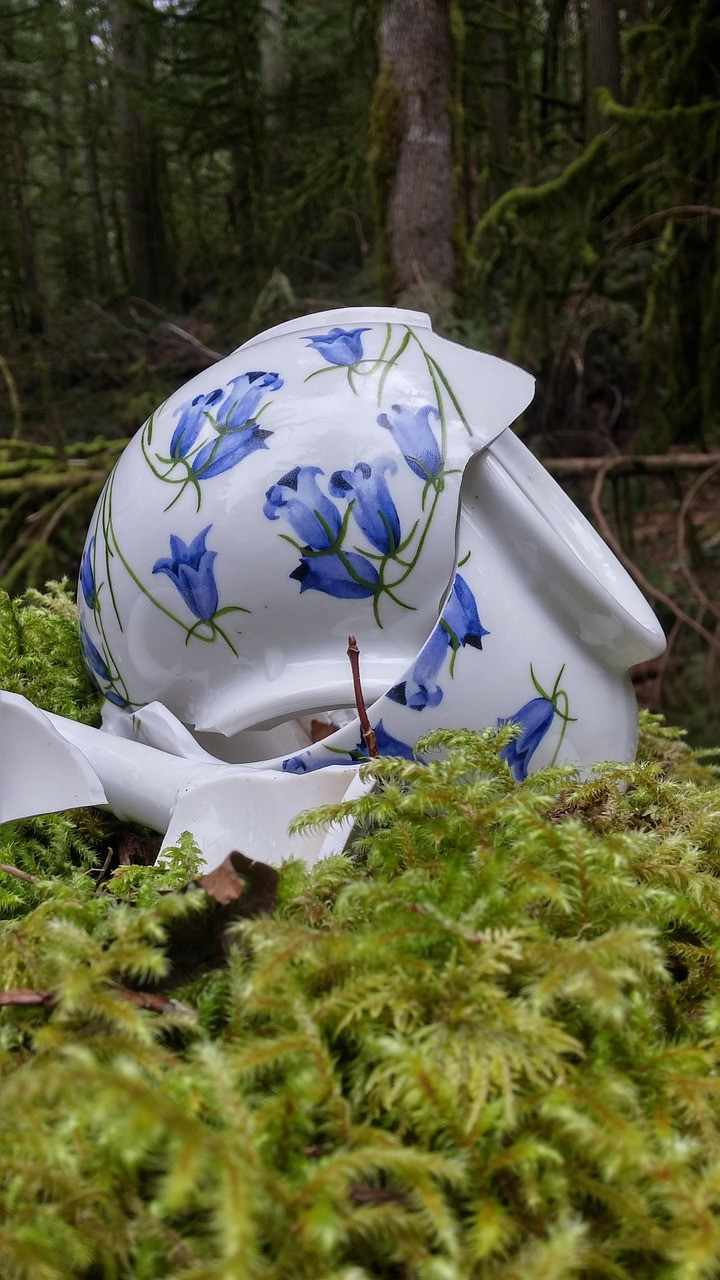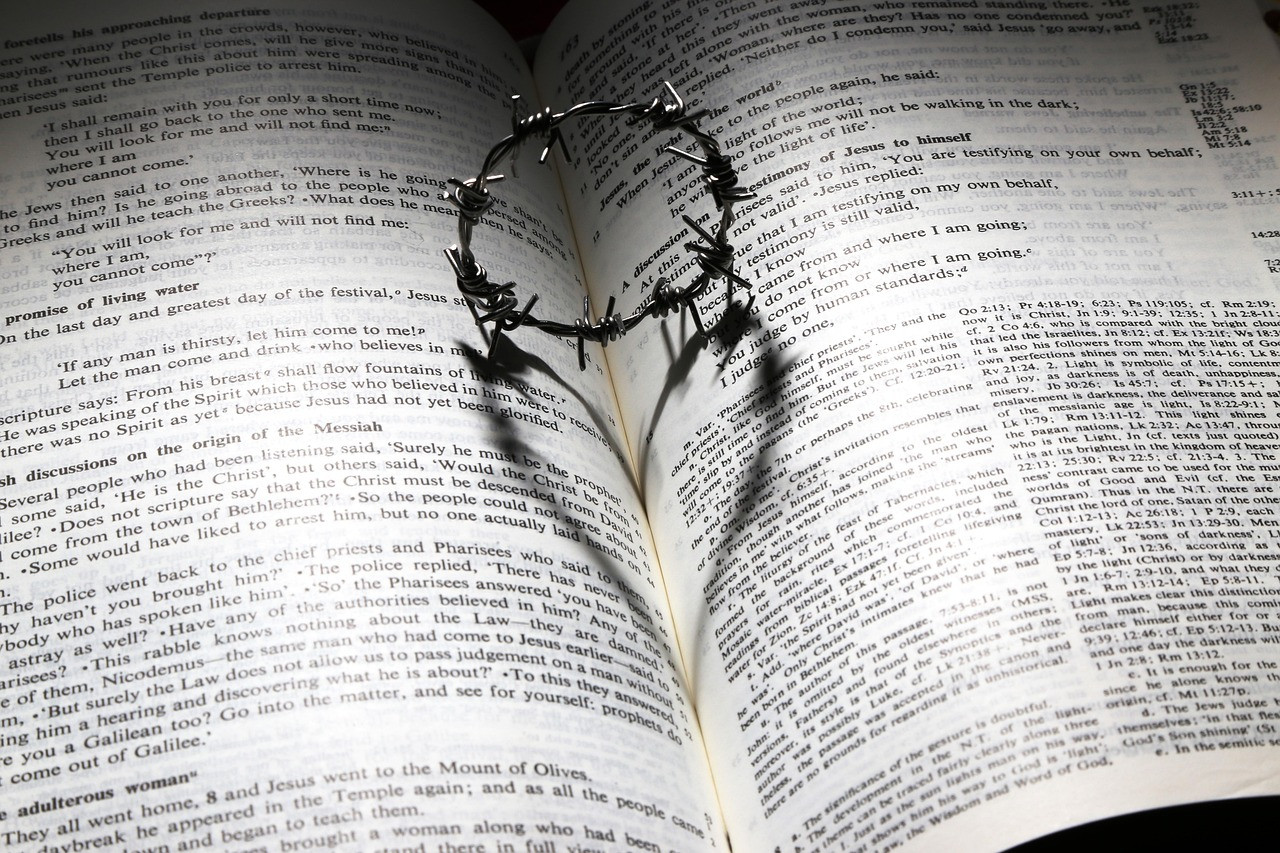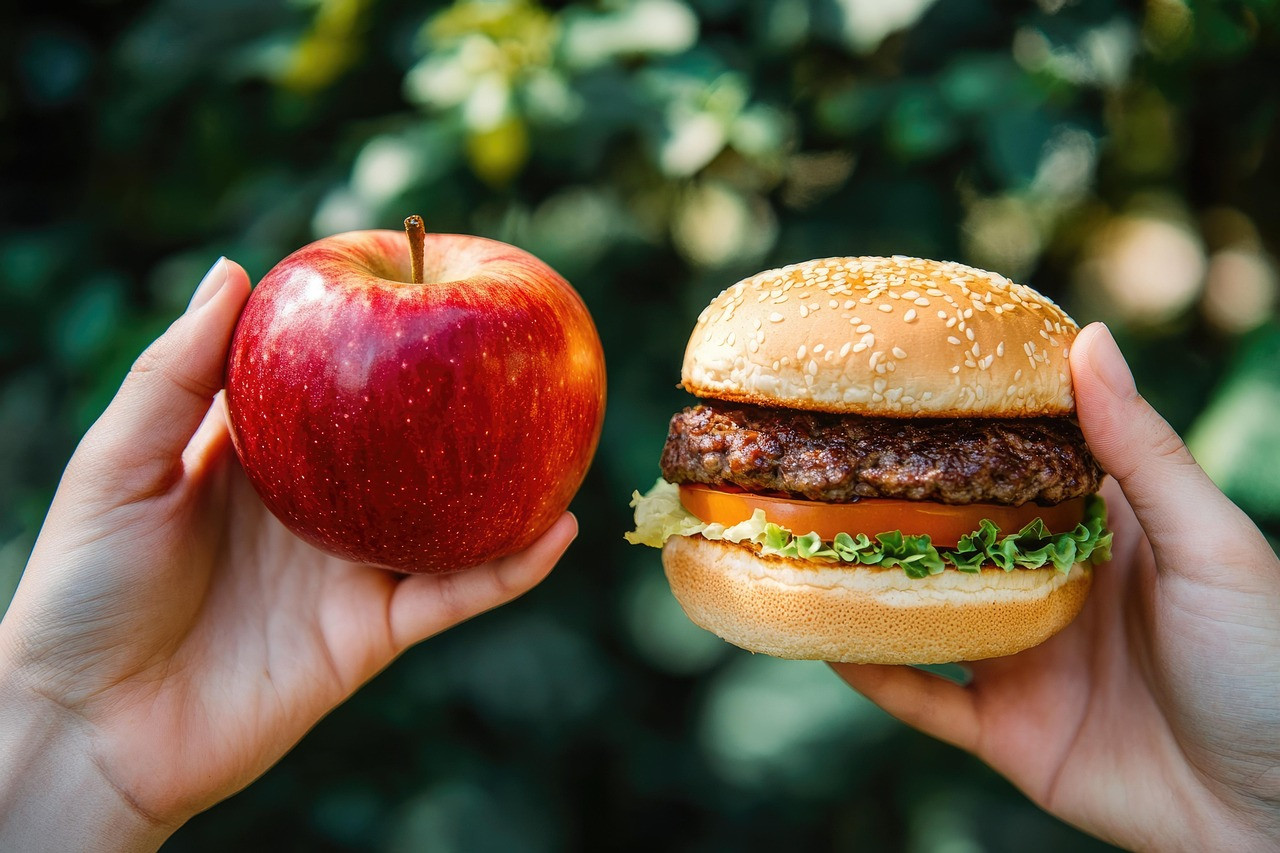
God created us as masterpieces and uniquely, just as artists create beautiful pieces of pottery. We should take care of ourselves in the same way that we take care of a fragile piece of pottery, so it does not break. We have a master potter who made us, God created us. God is the potter, you are the clay. You are a precious work of God's art. We are made to take action.
Jesus has overcome the world, so we don't have to count ourselves out. We don't have to stay in a bunch of pieces because of circumstances, unkind words, abuse, or tragedy. Ideally, we can find a way to navigate those things. We can put the pieces back together through healing words, positive actions, or trauma therapy.
We can still be vessels used for God's purpose. Our hurt can help someone else when they go through something similar. We can "glue up the pieces" and take them to God, and let Him glue the broken pieces. Don't let the awful things take you out.
We can do this through self-compassion. Self-compassion is where we look at ourselves with a compassionate awareness that we are not perfect and don't have to be perfect. We can have reasonable expectations. Just because we have intense feelings and they don't feel so good doesn't mean we are a loser.
Matthew 22:37-39 says, "Jesus replied: "Love the Lord your God with all your heart and with all your soul and with all your mind.' This is the first and greatest commandment. And the second is like it: 'Love your neighbor as yourself.'
1 Corinthians 13:4-7 says, "Love is patient, love is kind. It does not envy, it does not boast, it is not proud. It does not dishonor others, it is not self-seeking, it is not easily angered, it keeps no record of wrongs. Love does not delight in evil but rejoices with the truth. It always protects, always trusts, always hopes, always perseveres."
Self-compassion means being kind to yourself, patient with others, caring for yourself, and not keeping record of wrongs. You could say, "That didn't go as planned, but with God's help, I can learn and try again." Another way to have self-compassion is meeting your physical and emotional needs. Get rest when you need it and allow yourself to meet your human needs so that you have the capacity to go out and shine and be all that you can be. Tell yourself the truth and anchor your thoughts in the truth.
Ephesians 2:10 says, "For we are God's handiwork, created in Christ Jesus to do good works, which God prepared in advance for us to do."
Be kind, loving, and patient with yourself in your words, thoughts, and self-care. When we love ourselves well, we can love others well.

In Pittsburgh Pennsylvania, this morning it was 2 degrees Fahrenheit below zero and that is just not something that I think is acceptable. However, God didn't ask me when He made snow, but I'm pretty sure freezing is a result of the fall of man? I don't like it when I go to clean my car's windshield and the wiper fluid freezes into a firework pattern and blocks my view further, it's really annoying.
I'm not going to settle with spending every winter for the rest of my life in Pittsburgh in the cold and snow. My husband and I have plans to be snowbirds in retirement in Florida years from now. We don't plan on settling for freezing from December through March.
You too, don't have to settle.
There are times in life where we have to muddle through some things that are not pleasant so that we can get to the really great things that make life worthwhile. However, settling with something that isn't good for you or not God's best for you is like setting yourself up to accept less than for the long haul. Why would anyone want to do that?!
What is something you have been settling for?
Sometimes it's fear, or a preference for the things we are familiar with or have access to more immediately, and sometimes, it's a lack of faith that is more attainable.
Lord willing, my husband and I are having faith and taking actions to work toward snowbirding in Florida someday because we see no reason to settle for frozen toes and fingertips occurring simply to let the dogs out or try to get to work in a frozen car when the sun and warmth are there in Florida for the taking.
God has a plan for you!
To hear more on this topic, listen to this podcast: Stop Settling and Trust God's Plan. Click here to listen.




